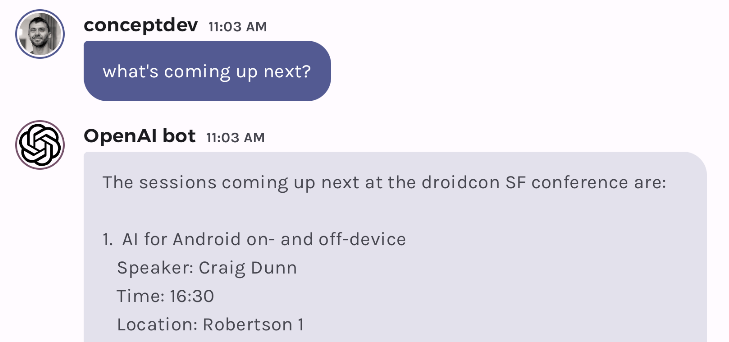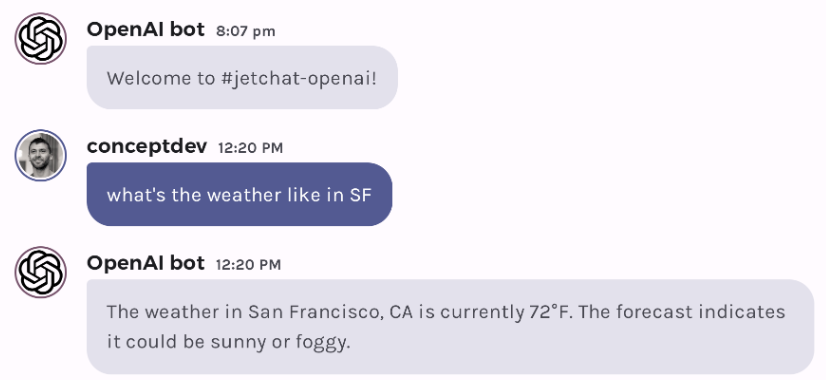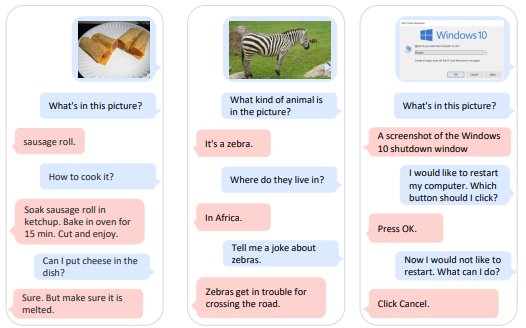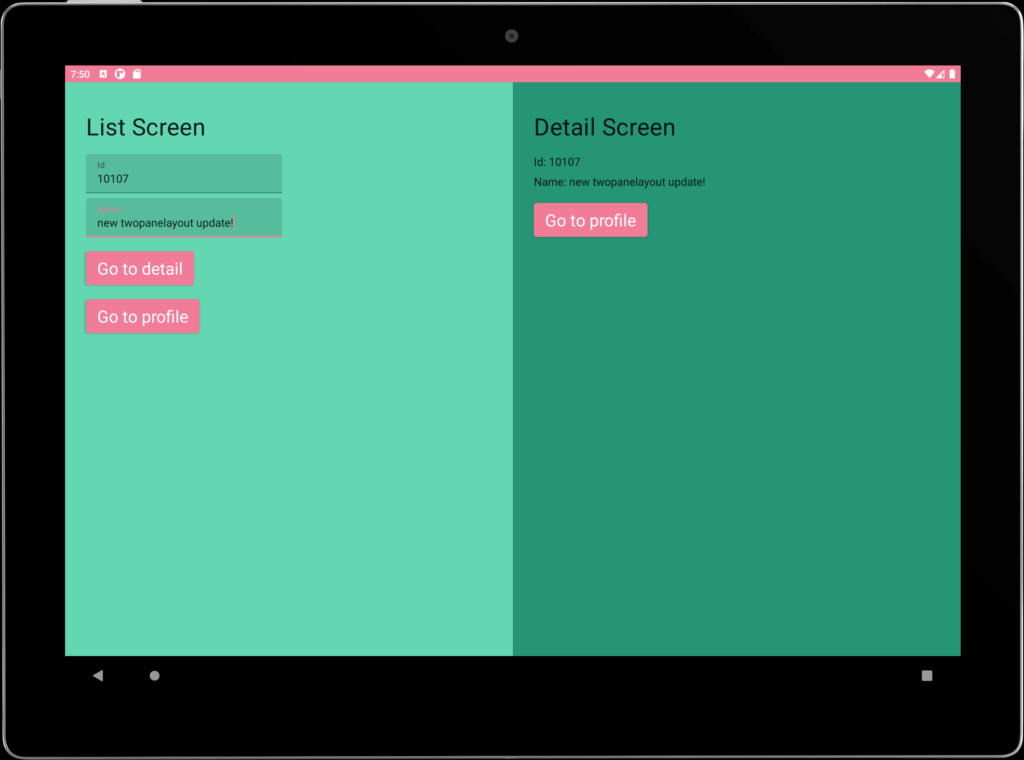


Embedding vector caching (redux)

Chat memory with OpenAI functions

Combining OpenAI function calls with embeddings

OpenAI chat functions on Android

Multimodal Augmented Inputs in LLMs using Azure Cognitive Services

Embedding vector caching

Announcing FoldAwareColumn in Accompanist Adaptive

JetchatAI gets smarter with embeddings


 Light
Light Dark
Dark